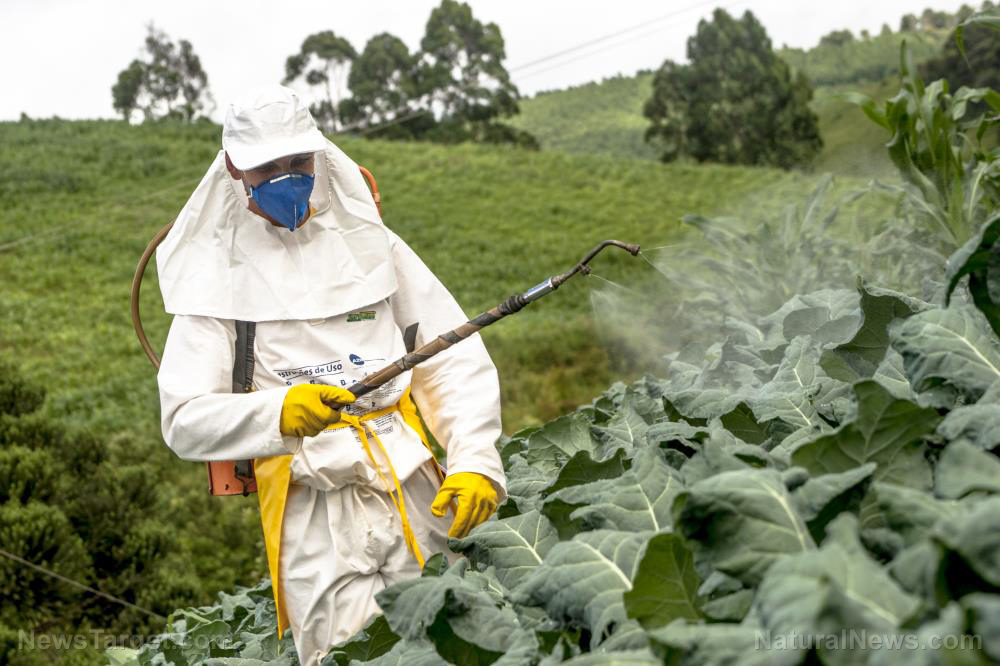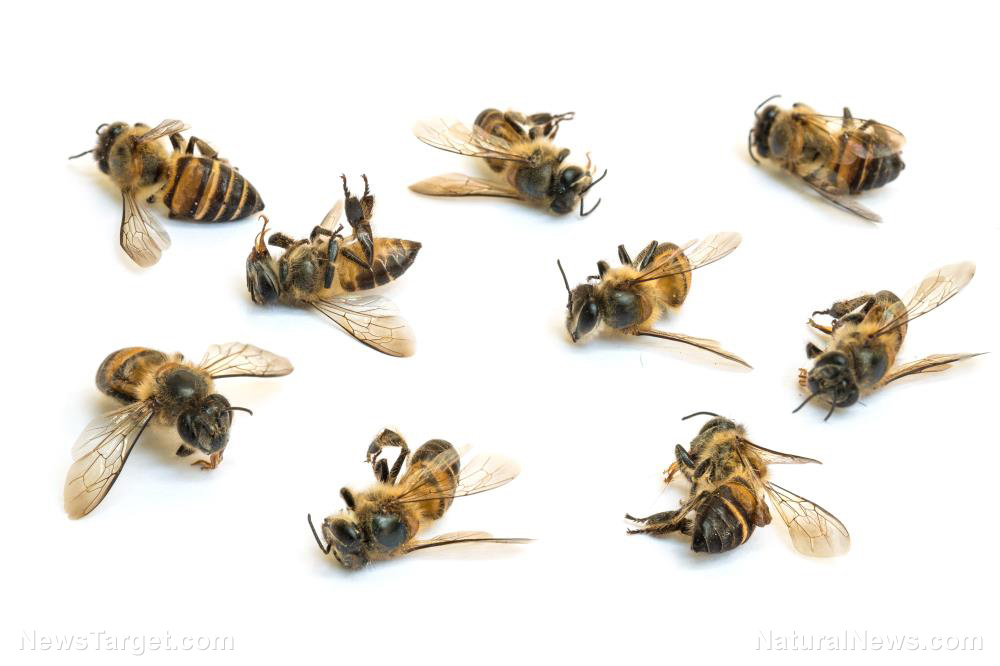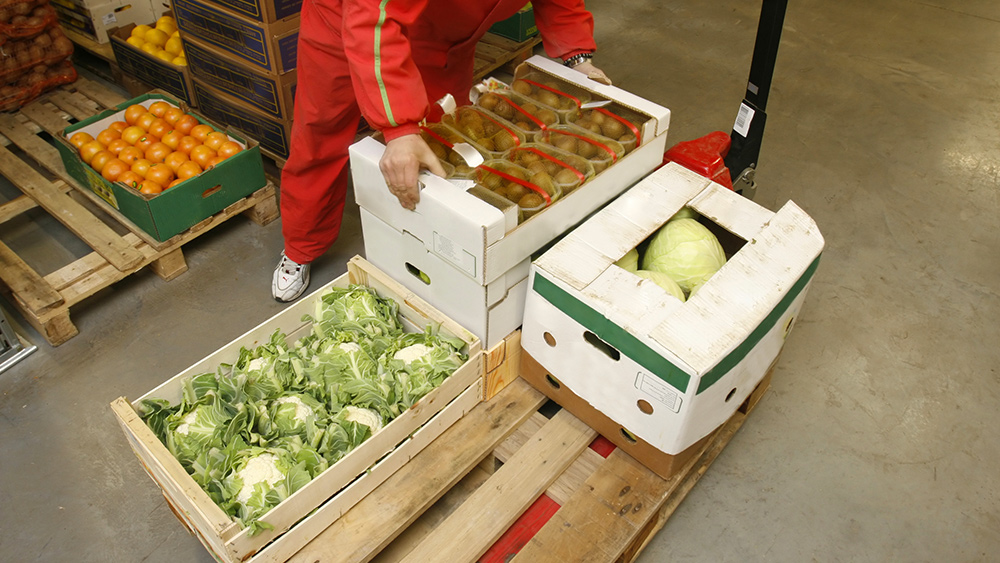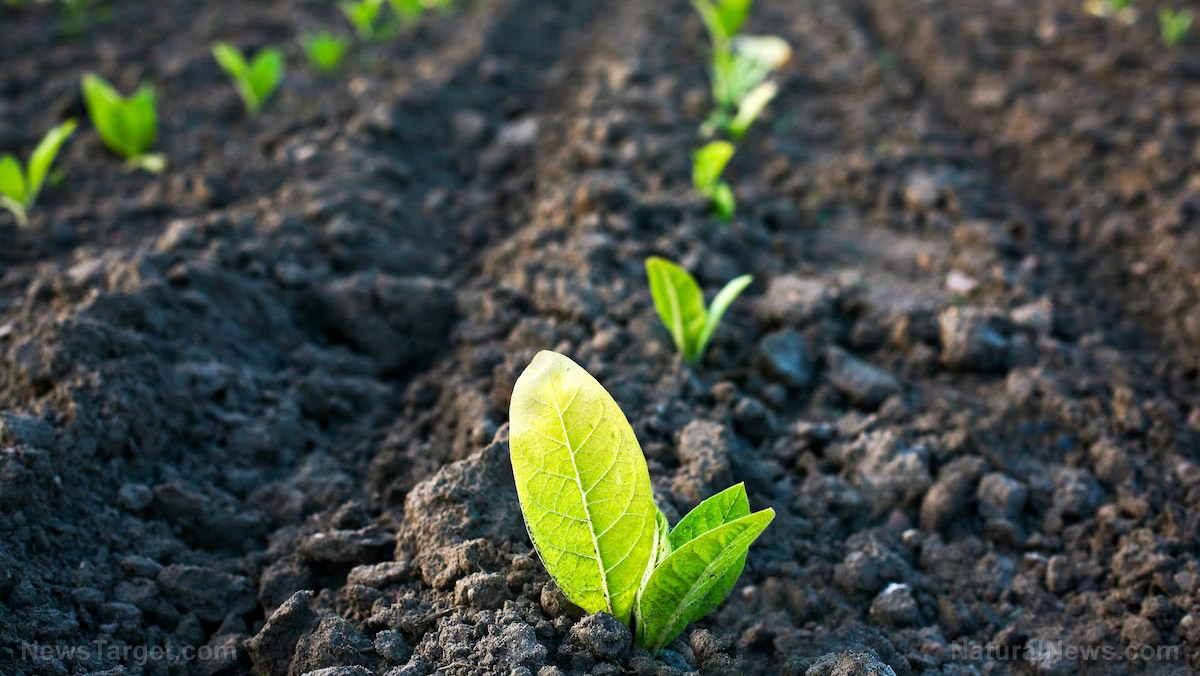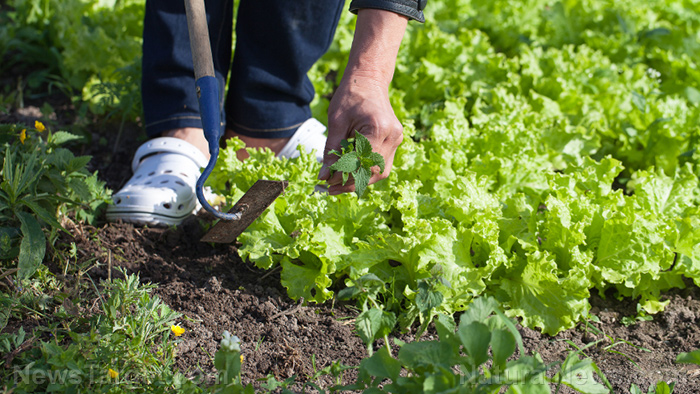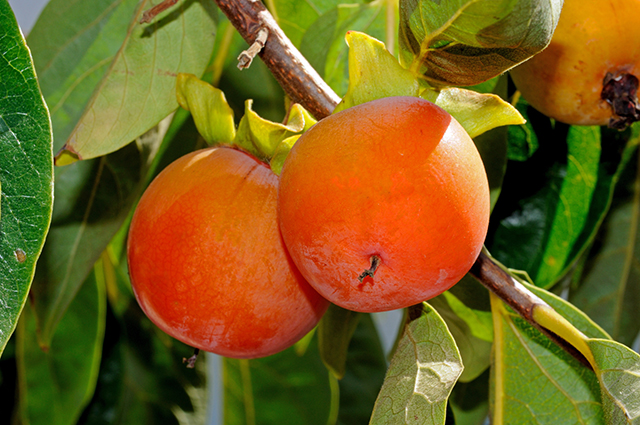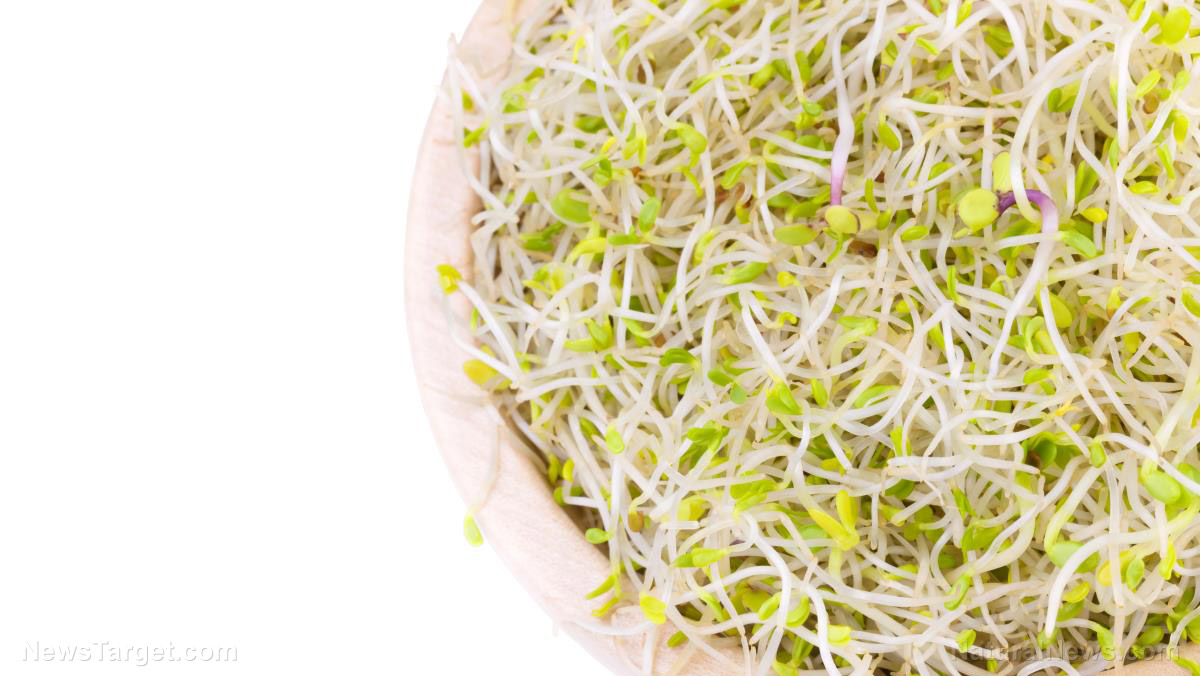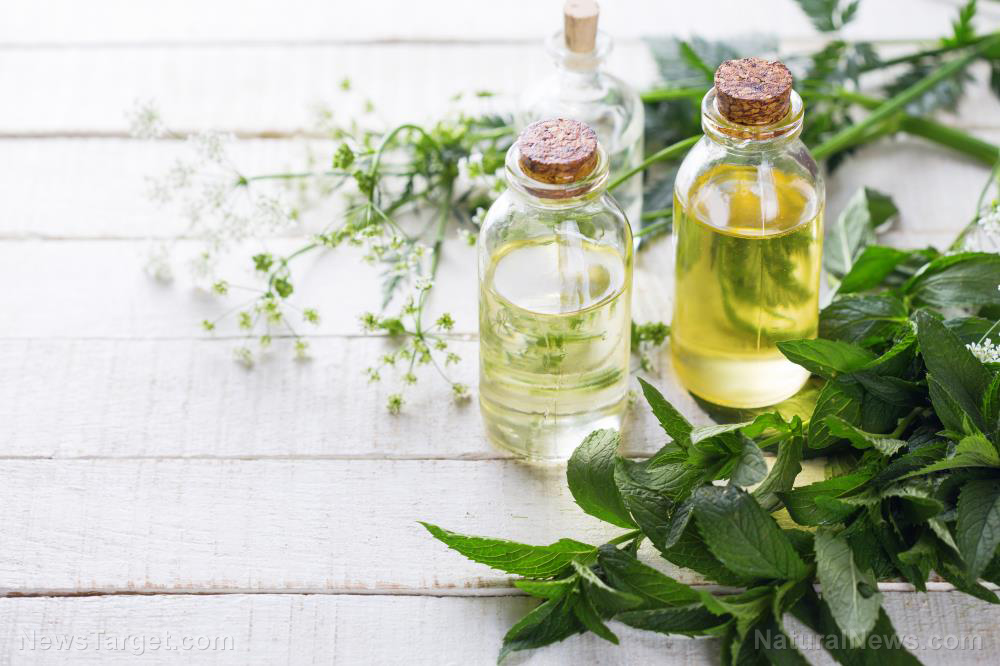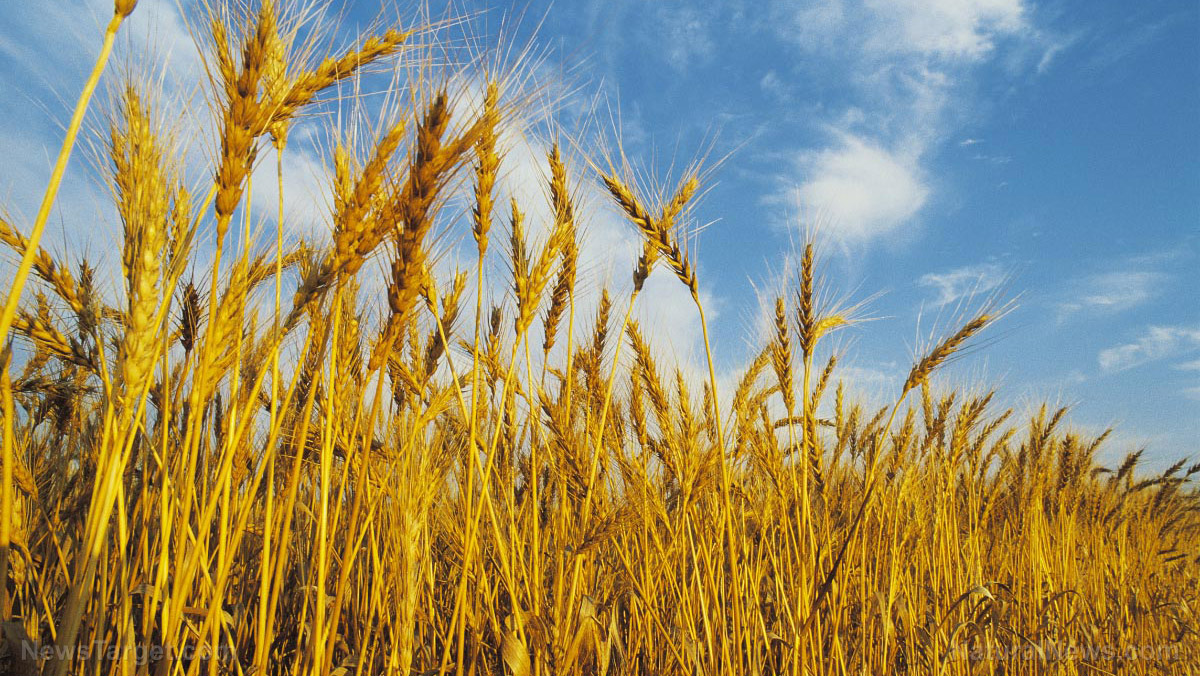Plants saving plants: A mixture of plant extracts and emulsifiers found to suppress disease-causing fungus
05/25/2020 / By Franz Walker

The fungus Colletotrichum coccodes is known for causing anthracnose, a group of infectious diseases that can damage a variety of plants, particularly shade trees. One example of a tree susceptible to C. coccodes infection is the Japanese persimmon (Diospyros kaki). An outbreak of anthracnose can spread quickly through a grove of persimmon trees.
To combat diseases spread by fungal pathogens, farmers often resort to using fungicidal agents. However, the chemicals used in fungicides are also harmful to people, and frequent use of fungicides can cause fungi to develop resistance to these treatments.
In order to develop a safe and natural means of combating anthracnose in persimmon trees, scientists in South Korea investigated the potency of extracts obtained from various plants against C. coccodes, both alone and in combination with natural emulsifiers. Their full report was published in the journal Biological Agriculture & Horticulture.
Plant extracts as natural fungicides for anthracnose treatment
In their study, the researchers screened 45 different species that belong to 27 plant families as possible sources of natural fungicides. They obtained extracts from various parts of these plants and tested each, either alone or in combination with emulsifiers, for fungicidal activity against C. coccodes. The emulsifiers used for the experiment were brown rice vinegar, powdered soap, loess-sulfur and natural emulsifier-B.
From the various plants used in the study, the researchers zeroed in on the fermentation extracts of Japanese hedge parsley (Torilis japonica) and common purslane (Portulaca oleracea), and the ethanol extracts of Chinese rhubarb (Rheum palmatum) and Chinese cinnamon (Cinnamomum cassia).
The researchers reported that these extracts suppressed anthracnose on their own by at least 83 percent in vitro. Meanwhile, the emulsifiers — also on their own — suppressed the disease by 100 percent.
In field tests with organically grown persimmon trees, the researchers found that both five percent extracts of Japanese hedge parsley and Chinese rhubarb reduced anthracnose on their own by 63 percent and 51 percent, respectively. But combined with a natural emulsifier, their efficacy increased.
The researchers reported that the five percent Japanese hedge parsley fermentation extract combined with either one percent loess-sulfur or one percent natural emulsifier-B reduced anthracnose by 67 and 79 percent, respectively.
Similarly, the five percent Chinese rhubarb ethanol extract combined with either one percent loess-sulfur or one percent natural emulsifier-B reduced anthracnose by 56 percent and 63 percent, respectively.
Based on these findings, the researchers concluded that plant extracts combined with natural emulsifiers can be used to control anthracnose in organic production systems.
Preventing plant fungal infections in organic farming
This study on the ability of plant extracts to control anthracnose could benefit more than just organic Japanese persimmon growers. Besides shade trees, C. coccodes is known to cause anthracnose in other plants, such as those in the gourd, legume and nightshade families. The fungal pathogen also affects food crops, such as tomatoes, onions and potatoes. In potatoes, the fungus causes a disease called “black dot.”
In organic farming, the main objective is to prevent crops from catching anthracnose and black dot. To achieve this, organic farmers use different natural methods, such as planting their crops in soil with less moisture, using certified seed tubers and controlling the temperature and humidity of stored tubers.
When a field gets infected with anthracnose or black dot, the non-chemical method of dealing with these diseases usually involves rotating to a different crop — one that doesn’t play host to the fungus — for at least three years. (Related: Plant disease in papayas can be stopped using plant essential oils.)
But with the new study, organic farmers and those looking to grow these plants in their home gardens may soon have a natural and effective way of preventing or even treating anthracnose — one that doesn’t involve the use of harmful chemical fungicides.
Sources include:
Tagged Under: canker, environment, fungal infection, gardening, green living, harvest, natural emulsifiers, natural fungicides, natural remedies, organic farming, organics, plant diseases, research, trees
RECENT NEWS & ARTICLES
COPYRIGHT © 2017 HARVEST NEWS



